Bali, also known as the Island of the Gods, is a predominantly Hindu island in Indonesia. However, there is a significant minority Muslim population on the island as well. Despite their small numbers, Balinese Muslims have managed to maintain their religious identity and traditions while living in a predominantly Hindu environment.
The history of Islam in Bali dates back to the 16th century when Muslim traders and preachers from neighboring islands began to settle on the island. However, it wasn’t until the 19th century that Islam began to spread more rapidly among the Balinese people. Today, Muslims make up around 3% of the population of Bali.
The Balinese Muslim community is concentrated in the northern part of the island, in the districts of Buleleng and Jembrana. They have built mosques and Islamic schools in these areas to support their religious practices and education. The community is also involved in various social and cultural activities on the island, such as the annual Bali Arts Festival.
Despite their minority status, Balinese Muslims have managed to maintain good relations with the Hindu majority on the island. Interfaith dialogue and cooperation are common, and Muslims are often invited to participate in Hindu ceremonies and events. Balinese Muslims also celebrate their own religious holidays, such as Eid al-Fitr and Eid al-Adha, with great enthusiasm and joy.
One of the challenges faced by the Balinese Muslim community is the lack of halal food options on the island. Halal food is food that is permissible according to Islamic law, and Muslims are required to consume it. However, there are very few halal restaurants on the island, and Muslims often have to resort to eating vegetarian food or bringing their own food from home.
Despite this challenge, Balinese Muslims have managed to thrive on the island and maintain their religious identity. Their presence is a testament to the diversity and religious tolerance that exists on the Island of the Gods.

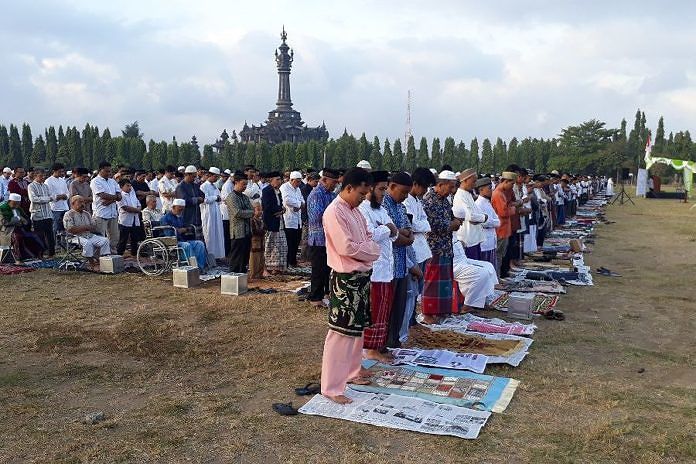
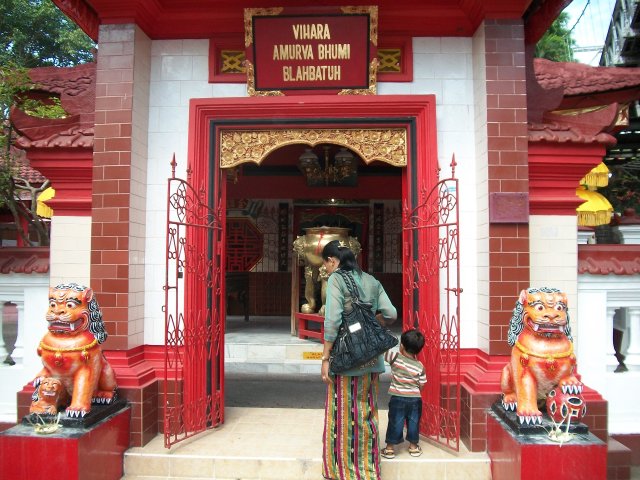
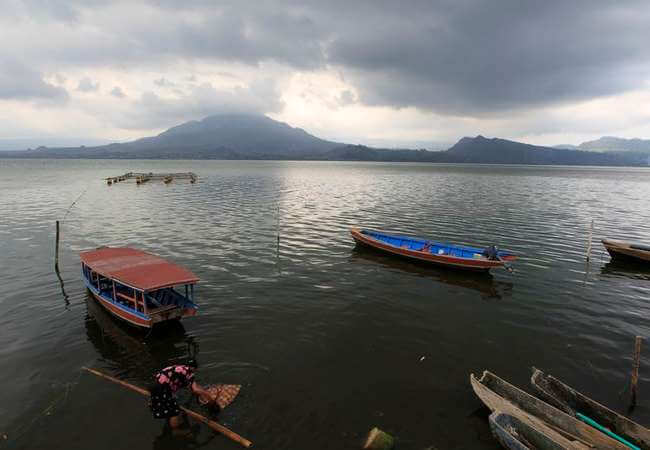


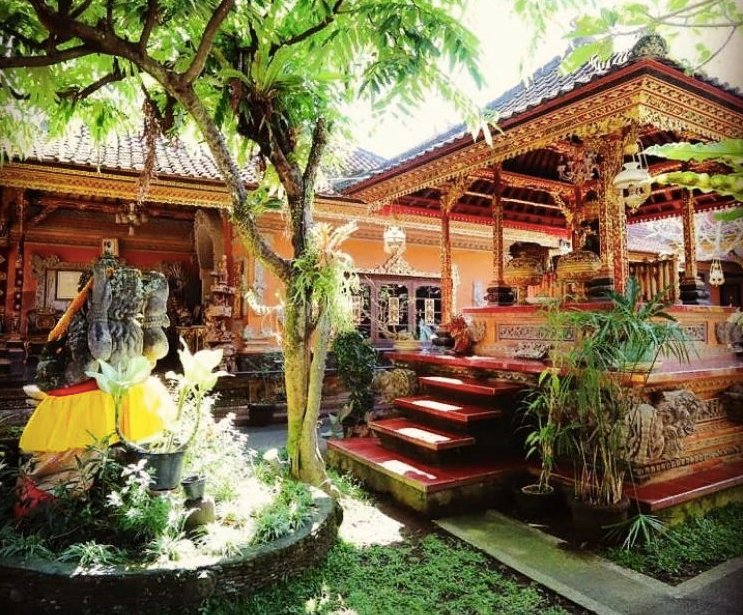
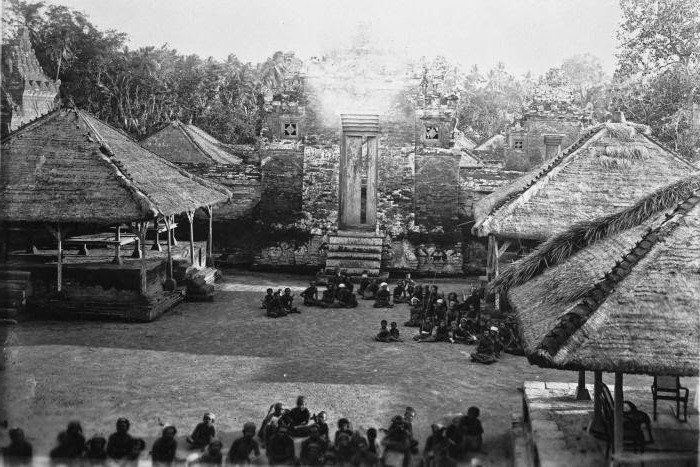
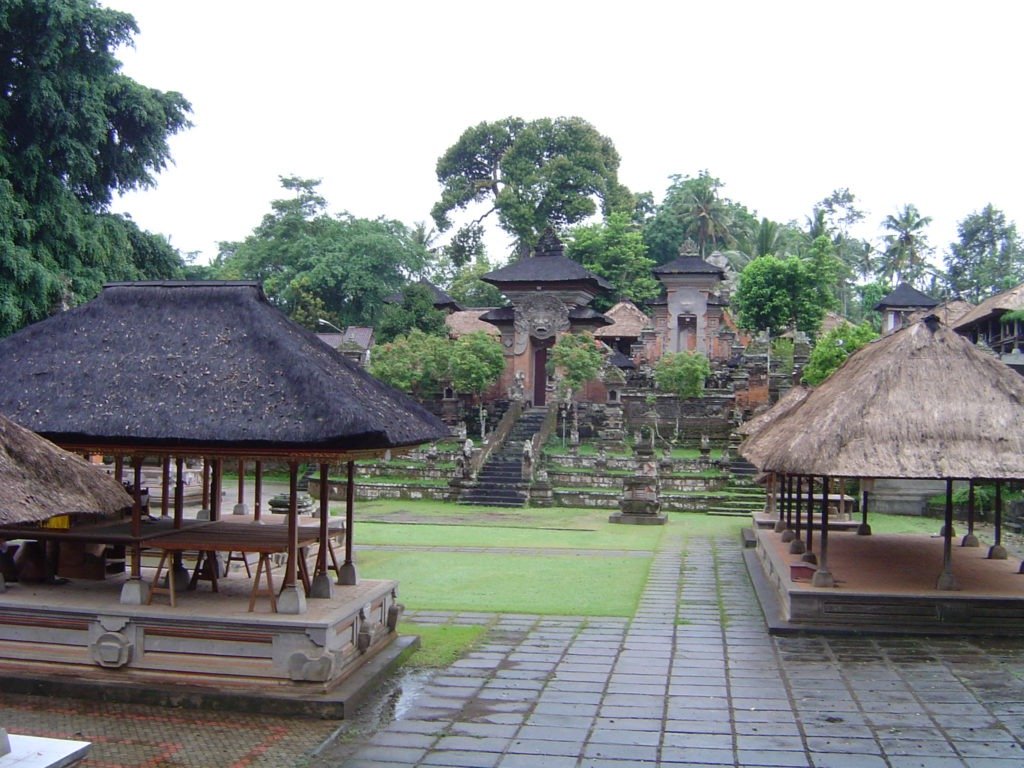
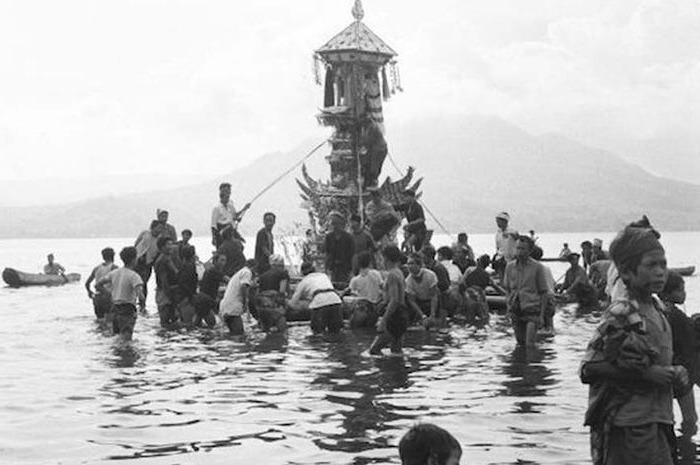



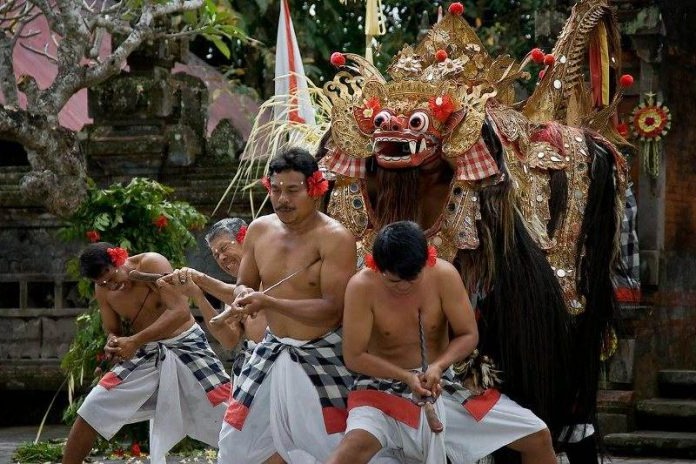

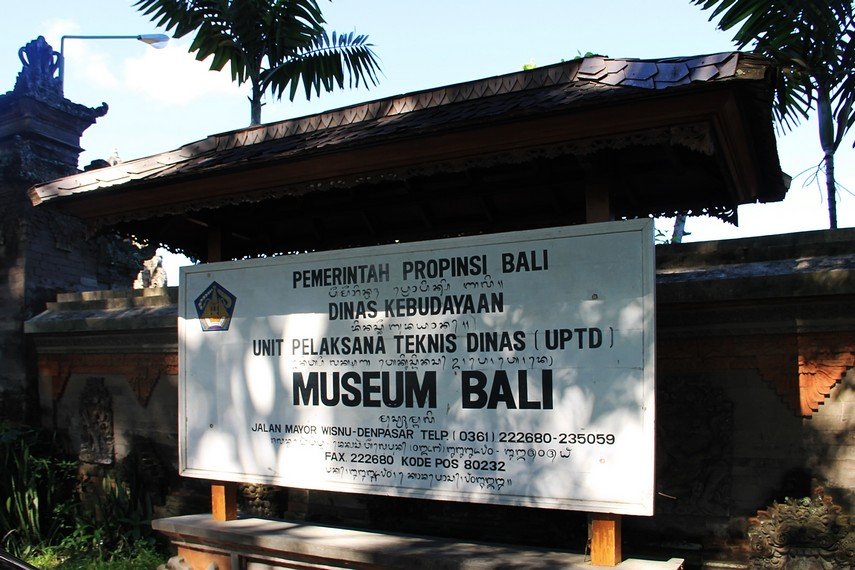

0